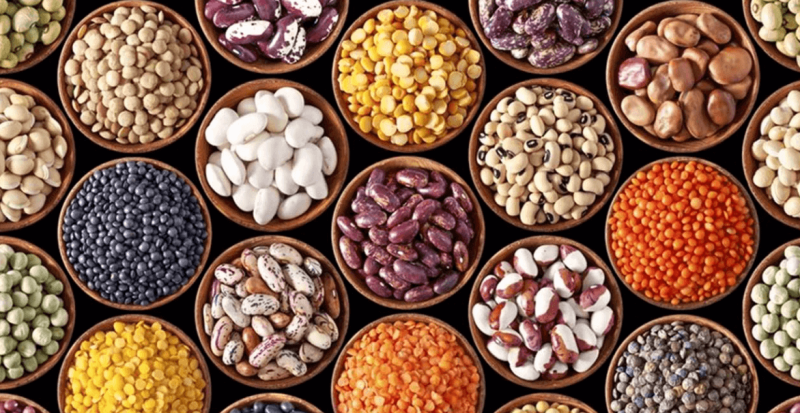Out of the more than 300,000 plant species in existence, only three species – rice, wheat, and maize – account for most of the plant matter that humans consume…. But with CRISPR technology, we don’t have to wait for nature to help us domesticate plants…. [G]ene editing could make, for example, wild legumes, quinoa, or amaranth, which are already sustainable and nutritious, more farmable.
“In theory, you can now take those traits that have been selected for over thousands of years of crop domestication–such as reduced bitterness and those that facilitate easy harvest–and induce those mutations in plants that have never been cultivated,” says senior author Michael Palmgren, a botanist … at the University of Copenhagen.

“All of the plants we eat today are mutants, but the crops we have now were selected for over thousands of years, and their mutations arose by chance,” says Palmgren….
This strategy also has potential to address problems related to pesticide use and the impact of large-scale agriculture on the environment. For example, runoff from excess nitrogen in fertilizers is a common pollutant; however, wild legumes, through symbiosis with bacteria, can turn nitrogen available in the atmosphere into their own fertilizer.
[Read the full study here.]
The GLP aggregated and excerpted this blog/article to reflect the diversity of news, opinion, and analysis. Read full, original post: Want more crop variety? Researchers propose using CRISPR to accelerate plant domestication































